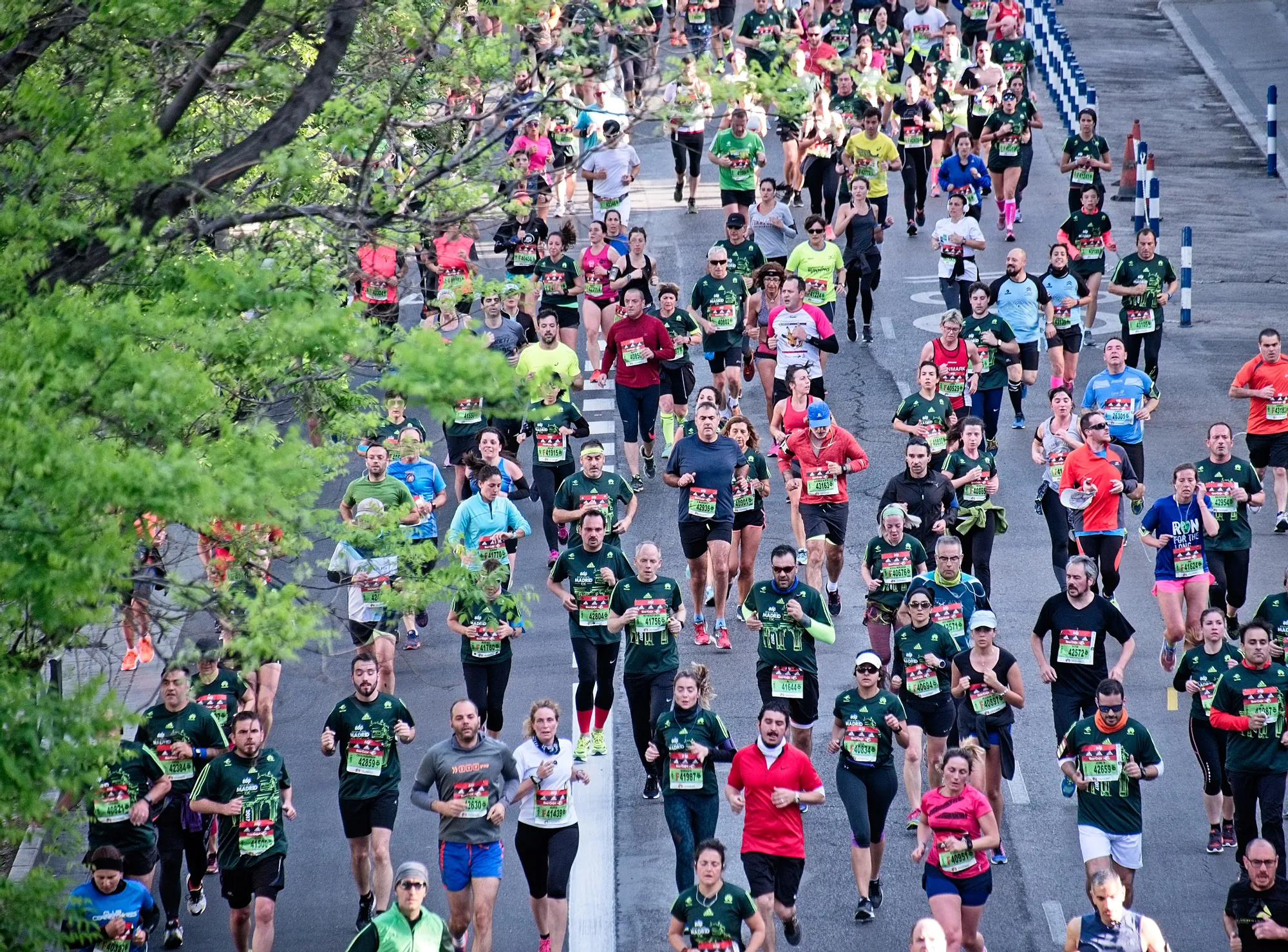Training for Your First Marathon: A Step-by-Step Guide to Success
Training for your first road marathon is an exciting and rewarding journey that requires dedication, consistency, and a well-structured plan. Whether you're a seasoned runner or just starting out, completing a marathon is a significant accomplishment. In this article, we will provide a step-by-step guide to help you train effectively and confidently for your first road marathon.
Step 1: Assess Your Fitness Level and Set Goals
Before diving into training, assess your current fitness level. Consider factors such as your running experience, recent race times, and overall endurance. Once you have a baseline, set realistic and specific goals for your marathon. Whether it's simply completing the race or aiming for a specific time, clear goals will guide your training and keep you motivated.
Step 2: Create a Training Plan
Develop a training plan that suits your schedule and aligns with your goals. A well-structured plan typically spans 16 to 20 weeks and includes a gradual increase in mileage and long runs. Consider incorporating cross-training and rest days to prevent injury and aid recovery. Seek guidance from experienced runners, online resources, or consider working with a running coach to create a personalized plan.
Step 3: Build Your Base
Begin your training by focusing on building a solid aerobic foundation. This phase involves running at a comfortable pace for longer distances to improve endurance. Gradually increase your weekly mileage by no more than 10% each week to avoid overuse injuries. If you start noticing some aches and pains look to add in some mobility and strength training before increasing your mileage. Aim for three to five runs per week, including a weekly long run.
Step 4: Incorporate Speed and Tempo Workouts
As your base mileage increases, introduce speed and tempo workouts to improve your running economy and race pace. Speed workouts, such as intervals or fartleks, involve alternating between fast-paced running and recovery periods. Tempo runs involve sustained efforts at a challenging but manageable pace. These workouts will enhance your speed and build mental resilience.
Step 5: Long Runs and Mileage Building
Long runs are a crucial aspect of marathon training. Gradually increase the distance of your long runs, aiming to cover the marathon distance at least once during training. Include at least two or three 18 to 20-mile runs to familiarize yourself with the physical and mental challenges of endurance running. Practice fueling strategies and experiment with different nutrition options during your long runs to find what works best for you. While on these longer runs make sure to test out nutrition options and what your body functions best on.
Step 6: Practice Race-Specific Conditions
Incorporate training runs that simulate race conditions. Run on similar terrain, at a similar time of day, and in weather conditions similar to what you expect on race day. This will help you adapt to the specific challenges you may encounter during the marathon and mentally prepare for the race.
Step 7: Taper and Recovery
In the final weeks leading up to the marathon, reduce your mileage and intensity to allow your body to recover and peak for race day. Tapering helps prevent overtraining and ensures you arrive at the starting line feeling fresh and ready to perform.
Step 8: Mental Preparation and Visualization
Marathons are as much mental as they are physical. Practice mental strategies such as visualization, positive self-talk, and goal setting to stay focused and motivated during the race. Remind yourself of your training efforts and believe in your abilities.
Training for your first road marathon requires commitment, patience, and careful planning. Follow these steps to structure your training, gradually increase your mileage, incorporate speed workouts, and prepare yourself both physically and mentally. Remember to listen to your body, prioritize rest and recovery, and enjoy the journey. On race day, trust your training and have confidence in yourself. Crossing the finish line of your first road marathon will be an unforgettable achievement that will inspire and motivate you in your future running endeavors.
If you have any extra questions or need help getting into your first pair of shoes, stop into the St. George Running Center for help from our experienced staff!
